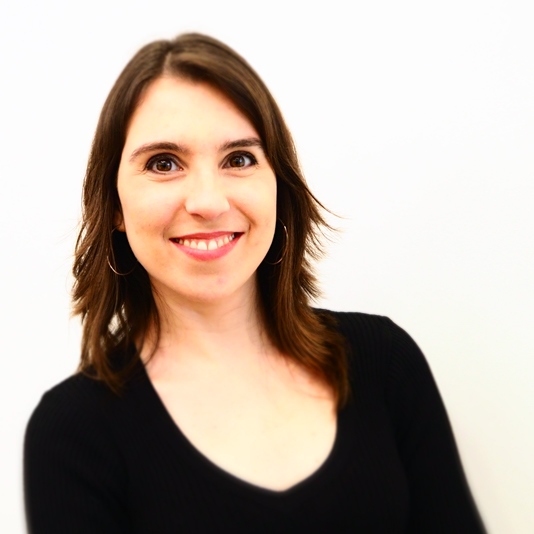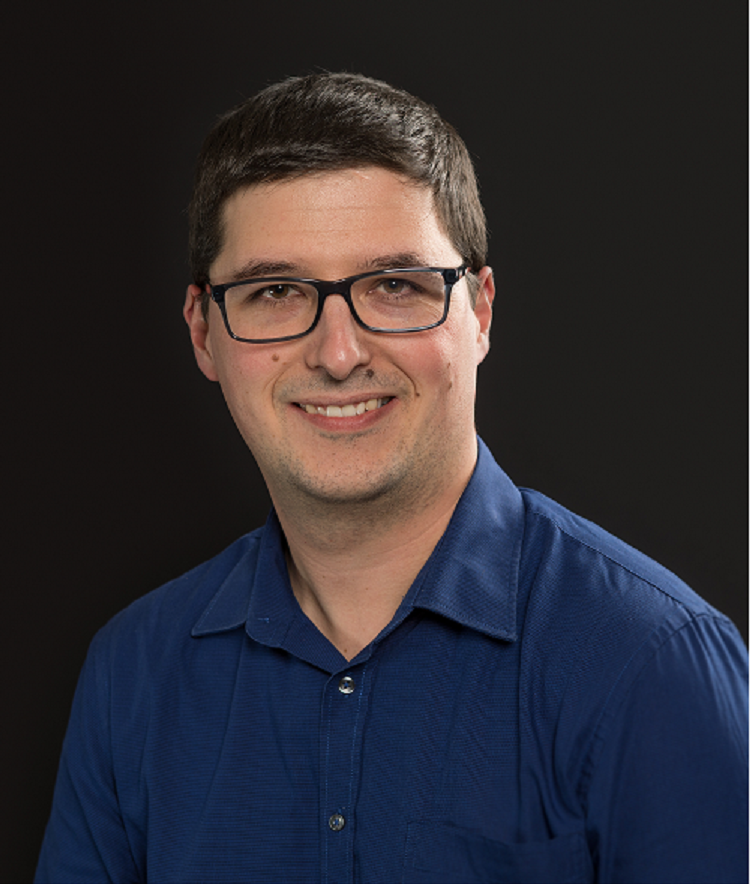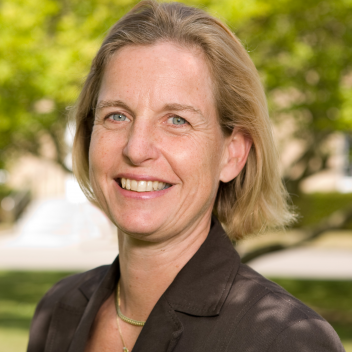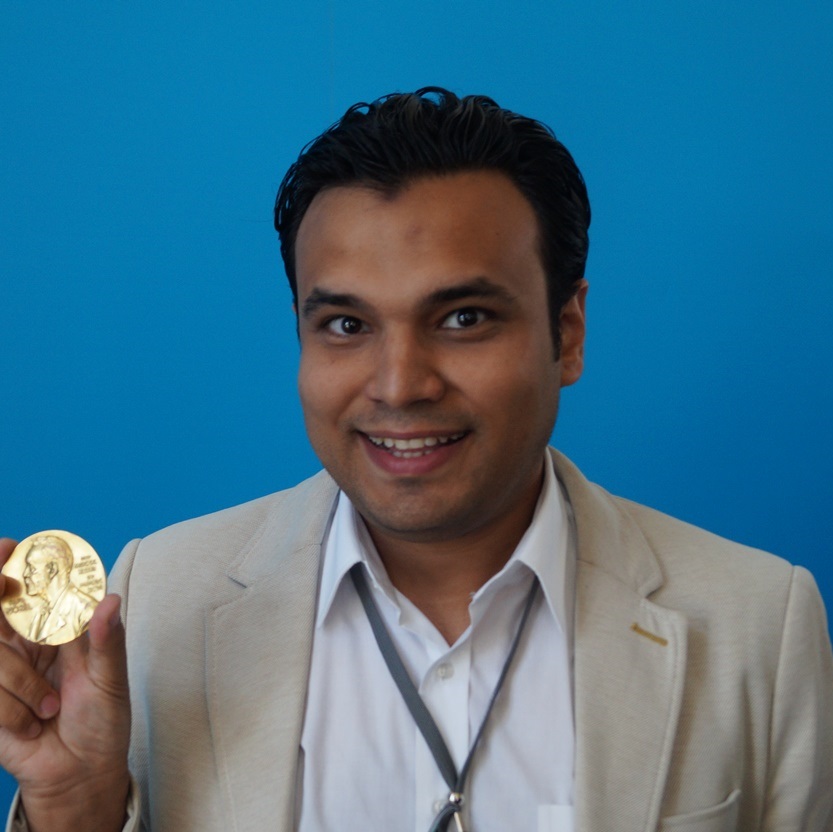BACK TO RESEARCH WITH IMPACT: FNR HIGHLIGHTS
BACK TO RESEARCH WITH IMPACT: FNR HIGHLIGHTS
From 19 – 23 March 2018, the 8th edition of Chercheurs à l’école took part in 28 schools, involving more than 120 researchers and science communicators – more than ever before. The FNR spoke to a handful of the researchers who took part about why it is important to inspire the next generation.
Raphael Frank, SnT at University of Luxembourg
Why did you decide to participate in Chercheurs à l’école?
“It was the fifth time I participated in the “Chercheurs à l’école” activity. It is important for me to share my experience with the teenagers so that they get a concrete idea of what research really is.”
What was the focus of your session?
“This year I came with an experimental car that has been modified to perform automated driving tasks. I explained the high school students the different onboard systems and how they are used to control the vehicle.”
How was your session – did you enjoy it / why, and did you get any feedback from the students / teacher?
“I always enjoy those sessions! The students and the teacher asked lots of relevant questions, which led to an interactive discussion.”
Why do you think it’s important for researchers to engage with high school students?
“To demystify scientific research. Lots of students think that in order to become a researcher you need to be a genius. It is important to convey the message that they too can become a researcher if they want.”
Do you have any advice for scientists who might be nervous about taking part in the activity?
“They should not be nervous. So far, I never had a bad experience. Part of the researcher job is to share knowledge. Such an activity is a great opportunity to get feedback from a different audience.”
Clarissa Pedrosa Da Costa Gomes, Luxembourg Institute of Health (LIH)
Why did you decide to participate in Chercheurs à l’école?
“The program is a great initiative to provide a direct dialogue between students and the actors of research. As a scientist, I aim to inspire the younger generation to study science by breaking down academic and cultural barriers. Being able to tell pupils what research is like and sharing personal experiences can give them a better glimpse of the field, with its possibilities and perspectives.”
What was the focus of your session?
“My session was about medical research. As a basic researcher doing translational research, I was smartly paired with a clinical research nurse, which enabled us to convey the complementarity of our careers and the importance of collaboration between these players to optimize medical research and bring the advances from the lab more quickly to the patients.”
How was your session – did you enjoy it / why, and did you get any feedback from the students/teacher?
“I really enjoyed the session. The students were interested, open and interacted asking questions. Their background in biology and their age played an important part in this. The teacher, who is already involving the students in activities beyond the classroom, would like to arrange a visit to the laboratory I work in, which will be a nice activity to complement the session.”
Why do you think it’s important for researchers to engage with high school students?
“Most students reach the end of high school having met different science teachers but never having met an actual scientist doing research. Thus, it is no wonder that there might be stereotypes and even stigma around the profession. I believe it is a responsibility to engage with students to better communicate science and break down such barriers and allowing them to have inside information about what being a researcher is like. The more information they have, the more informed decisions they can make.”
Do you have any advice for researchers who might be nervous about taking part in the activity?
“I would advise these researchers to take it as an opportunity to have a conversation. The students want to know about their experiences, path to becoming a researcher and their routine and perspectives at work. Furthermore, we can definitely learn from them and see how inspiring the younger generation can be.”

Joël Machado, Luxembourg Institute of Socio-Economic Research (LISER)
Why did you decide to participate in Chercheurs à l’école?
“I decided to participate in Chercheurs à l’école because I believe it is important to promote the rather young research environment of Luxembourg to the general public and in particular to young citizens who will be shaping the future of the country.”
What was the focus of your session?
“My session was shared with Dominique Santana, a 1st year PhD student in history working on Luxembourgish emigration to Brazil. Given that our research centres around the concept of migration, we discussed the topic from the perspective of the economist and the historian, highlighting how our approaches differ and complement each other. We also explained our academic background to students and the reasons why we chose our field and research topic.”
How was your session – did you enjoy it / why, and did you get any feedback from the students / teacher?
“Our session was very interesting as the second researcher and I shared common interests. We organized it as a discussion between us, involving the students as much as we could. I enjoyed learning about Dominique’s research and students’ prejudice and knowledge about research. We had the impression that the students enjoyed the session too: it was supposed to last 50 min but ended up taking more than 1h30. The teacher was very happy and mentioned that our interactive approach was exactly what she had hoped for.”
Why do you think it’s important for researchers to engage with high school students?
“High school students are often not aware of the diversity of the scientific community in Luxembourg and as they will be part of the decision makers of tomorrow, it is crucial to expose it to them. This type of event is also an important source of information as they might learn about new scientific fields and professional opportunities while at the same time having a rather informal environment to ask questions to researchers. I wish this type of initiative had been more common when I was a student myself.”
Do you have any advice for researchers who might be nervous about taking part in the activity?
“High school students are very curious to learn about research in Luxembourg as they do not know much about it. Chercheurs à l’école is an interesting way to explain what we do and why we do it to a very curious and interested audience. When Dominique and I prepared the few slides we wanted to show, we just thought about what we would have liked to hear when we were sitting at their place. What do we know today that we wish someone had told us at that time? This led to a very natural and nice discussion in a very informal setting.”

Ineke Pit-Ten Cate, University of Luxembourg
Why did you decide to participate in Chercheurs à l’école?
“I think Chercheurs a l´école provides us with a great opportunity to show secondary school students that an academic career can be very rewarding. Also it allows us to share our research interest with adolescents as to engage them with science. It may open their horizons when they are considering higher education and future career paths.”
What was the focus of your session?
“Psychology and social geography. Both my colleague and I talked about our fields and the research we have been/are involved in.”
How was your session – did you enjoy it / why, and did you get any feedback from the students / teacher?
“There was a nice atmosphere in the session. The next morning I received feedback from a colleague within the University that her daughter, who attended the session, had really enjoyed it and was inspired by it.”
Why do you think it’s important for researchers to engage with high school students?
“High school students will be part of our future. Engaging them in research will facilitate the transfer from research into society, but also may inspire some of them to become researchers themselves.”
Do you have any advice for researchers who might be nervous about taking part in the activity?
“I think when you are enthusiastic about your work as a researcher this enthusiasm will almost automatically engage the students. To this extent, it may be more important to connect with the students by sharing why you are interested in and motivated for what you are doing than to transfer content knowledge.”

Hossam Elanzeery, University of Luxembourg
Why did you decide to participate in Chercheurs à l’école?
“I decided to participate in Chercheurs à l’école because I love and believe in the importance of communicating the beauty of science and research to young students as well as widening their knowledge. I believe this is a kind of investing in research.”
What was the focus of your session?
“The focus of my session was mainly directed towards delivering my experience and motivation to do research and summarizing that in four main key messages:
- Enjoy university life: University time is the best time to learn, participate in activities, events, make friends and discover new skills.
- Love what you are doing until you do what you love: Search on what you would love to do and do all your best to do it and excel in it. If you do not find something specific, love what you are doing. If you love what you do, you can convert small fun ideas to big inventions.
- Research is fun: Research can be in everything we do in our daily life and in everything surrounding us. Research is not difficult and does not require complex skills. Do research and have fun.
- With Research, one can LEAD the world: Believe in yourself and your ability to make a change. With Research, you can learn, enjoy and excel, achieve, discover and develop and with that, you can lead the world.”
How was your session – did you enjoy it / why, and did you get any feedback from the students / teacher?
“My session was amazing. First of all, the school is very beautiful; one of the best I have ever seen in my life. The teacher was very supportive and always smiling. Most of the students were afraid in the beginning, but once we started our presentation, they became more and more enthusiastic. The students were also interactive and very happy listening to our experience. They followed with all research and scientific terms and even tried to find and suggest some solutions for research problems.
“I really enjoyed my session a lot and the positive feedback I received from the teacher and the students afterwards with their questions that proved their strong interest made me indeed very happy and excited.”
Why do you think it is important for researchers to engage with high school students?
“It is important for researchers to engage with high school students because:
1- Researchers can give real-life examples on the importance of research and its beauty
2- Researchers have the ability to show that doing research does not require super skills and respond to any related questions
3- Researchers have the ability to simplify their research and relate theories to practical applications
4- Researchers can inspire and get inspired from high school students and then researchers will feel more the importance of their research.”
Do you have any advice for researchers who might be nervous about taking part in the activity?
“I would advise the researchers to love and enjoy this activity. This activity is fun and interactive and I would like to tell the researchers that they have to know that they may be role models for some students and they may be participating in changing their career path, so the researchers have to show interest, confidence, love and passion to what they are doing.”

About Chercheurs à l’école
Over the past 15 years, the Luxembourg Government has invested heavily in research. However, the research tradition in Luxembourg is still young and not everyone is familiar with this area. It is important to the FNR to provide transparent information and support measures that bring researchers together with society. ‘Chercheurs à l’école’ helps to draw attention to the profession of the researcher and to present it realistically. Not least because exciting fields of work are developing in this growing research sector, for which up-and-coming talents are needed.
To this end, the FNR each year organises Chercheurs à l’école as part of its Science in Society activities. High schools across the country can sign up for the activity, indicating their preference in domain, language and date/time. Based on the registrations of the teachers, researchers choose a corresponding session.